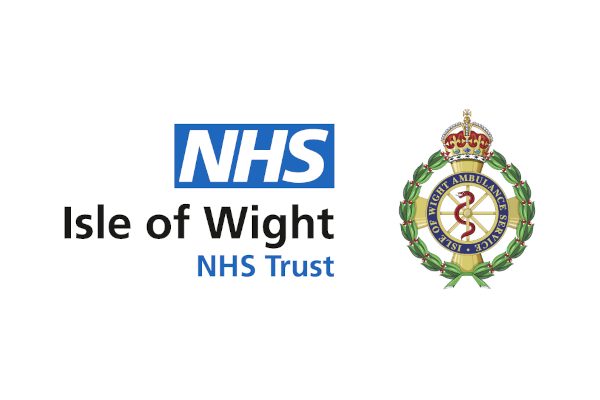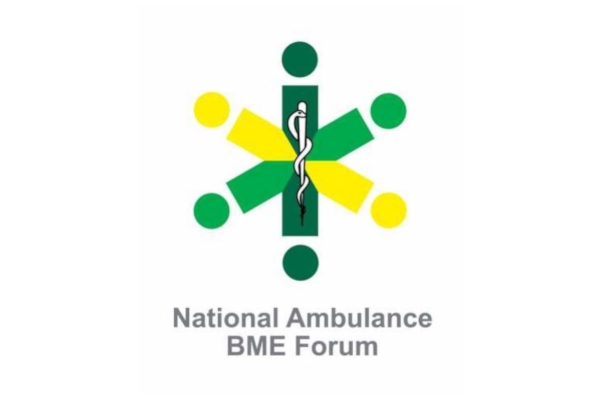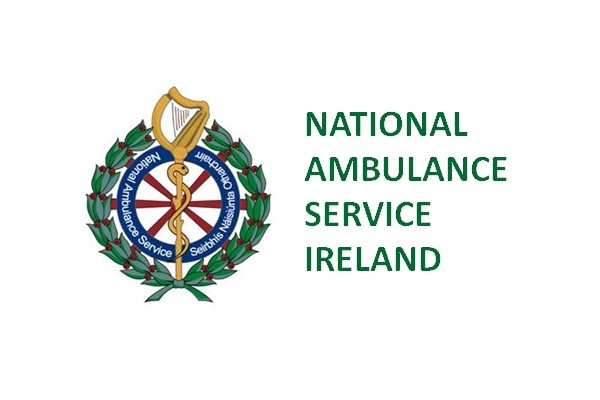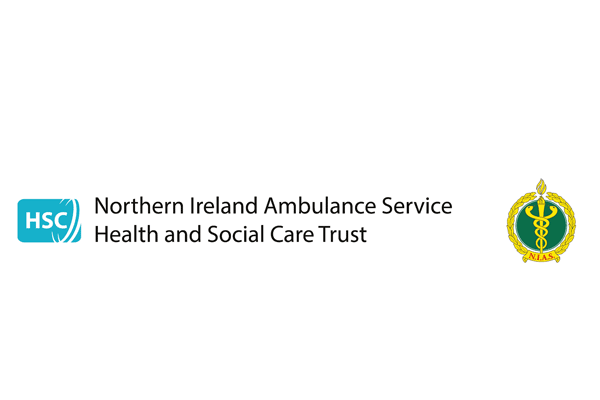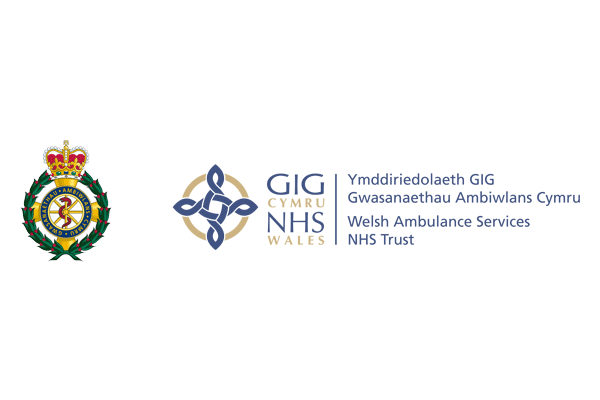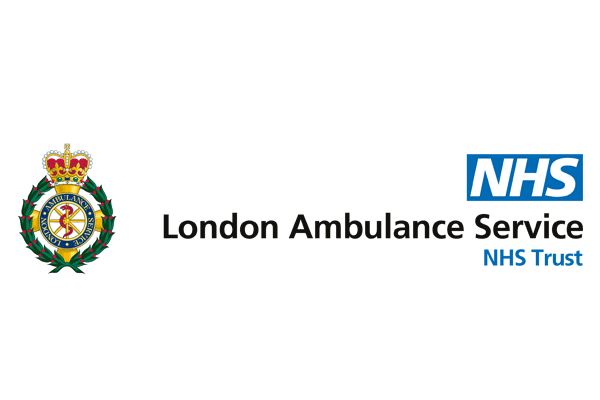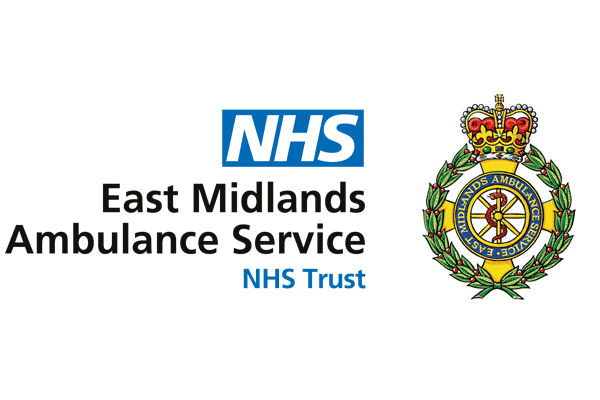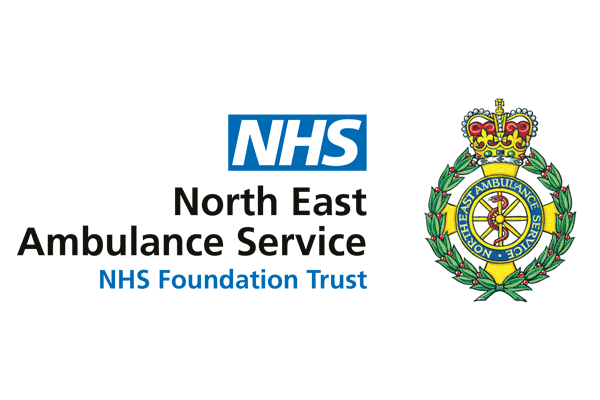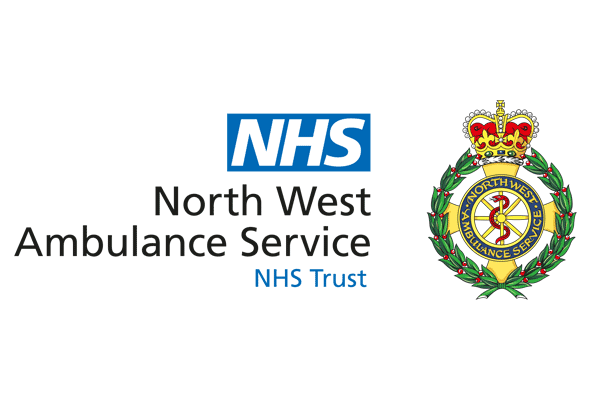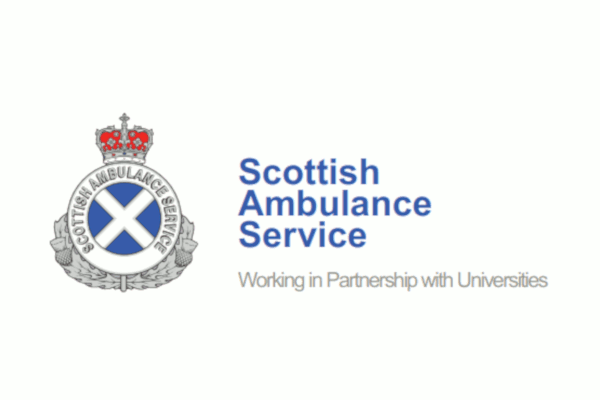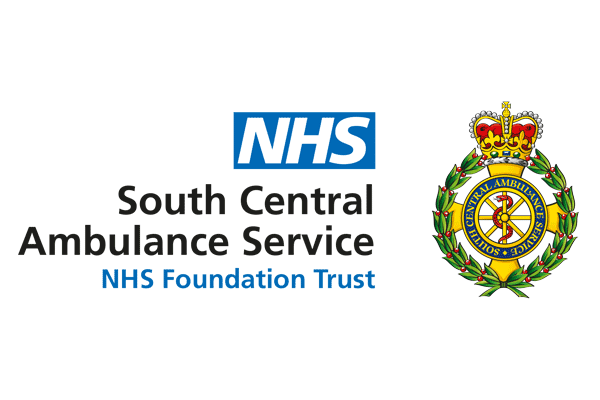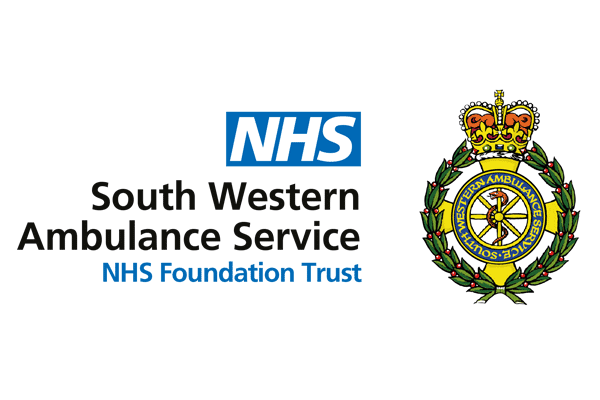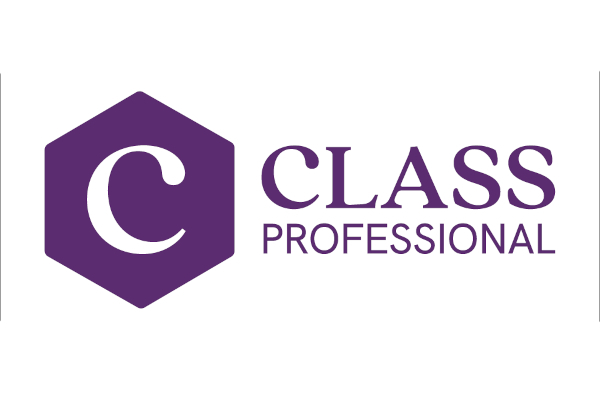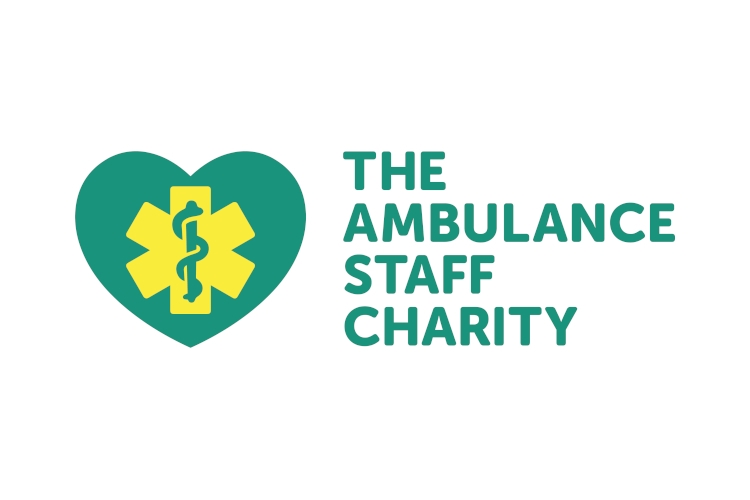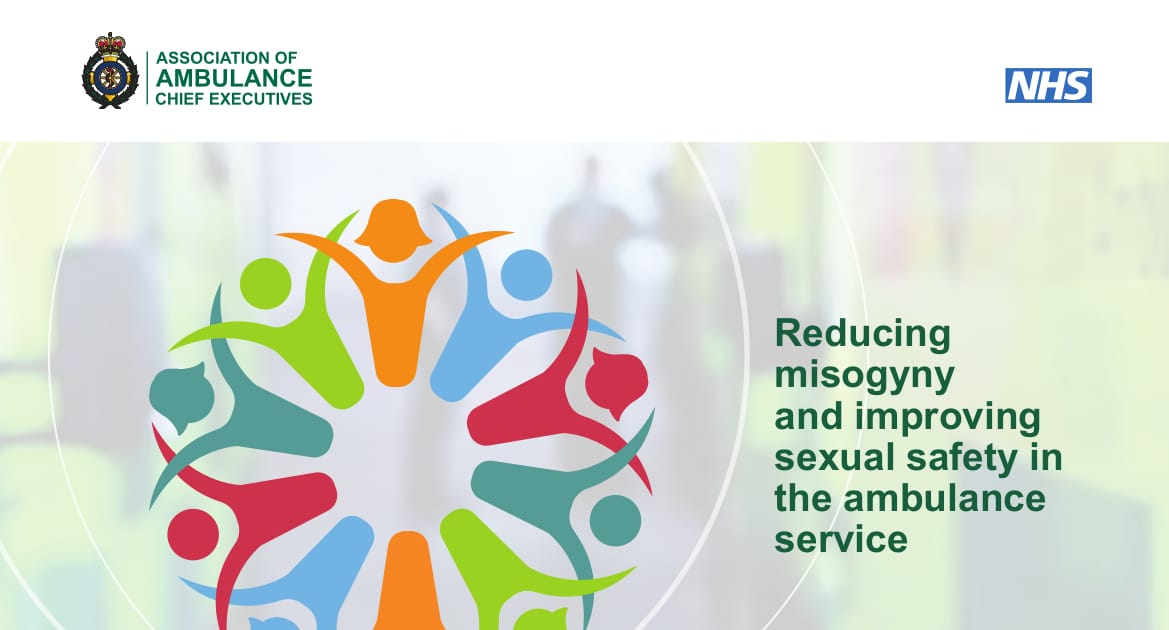
The Association of Ambulance Chief Executives (AACE) and the Office of the Chief Allied Health Professions Officer (CAHPO) have launched three publications aimed at reducing misogyny and improving sexual safety in the ambulance service.
The publications were formally launched at the Ambulance Leadership Forum on the 2 October 2023 by Suzanne Rastrick, Chief Allied Health Professions Officer for England and are available below.
They comprise the following:
 Reducing Misogyny and Improving Sexual Safety in the Ambulance Service:
Reducing Misogyny and Improving Sexual Safety in the Ambulance Service:
What We Know (revised May 2024)
There has been a significant focus on wellbeing and mental health within the ambulance service, with production of resources relevant to suicide prevention within the sector. While staff mental health and wellbeing is an issue with many factors contributing to this, one aspect of ambulance culture that has recently come into focus is that related to sexual safety.
This document outlines information gathered during the ‘discovery phase’ of the ‘Reducing Misogyny and Improving Sexual Safety in the Ambulance Service’ workstream.
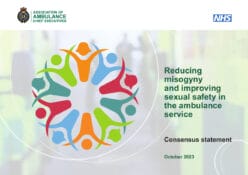 Reducing Misogyny and Improving Sexual Safety in the Ambulance Service:
Reducing Misogyny and Improving Sexual Safety in the Ambulance Service:
A National Consensus Statement
This consensus statement sets out our shared commitment to lead meaningful reduction of misogyny and improvement of sexual safety across the ambulance sector, focusing on reducing harm caused by themes of misogyny through a learning approach to change, removing barriers to speaking up, accessing support, and embedding a culture of respect, understanding and safety.
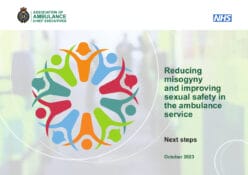 Reducing Misogyny and Improving Sexual Safety in the Ambulance Service:
Reducing Misogyny and Improving Sexual Safety in the Ambulance Service:
Next Steps
This document sets out the recommendations for action to reduce misogyny and improve sexual safety in the Ambulance Service. It takes forward the commitments made in the consensus statement, which are based on our findings from reviewing the available evidence and engaging with stakeholders.
Those who work, train, and learn within the ambulance service have the right to be safe at work. Guided by the international evidence, our priority from the outset of this work has been supporting all those within the ambulance service and strengthening the systems that will change individual experience.
Whilst undertaking our discovery work, we did identify pockets of provider, regional, and national sexual safety work across the sector however, this was not consistent. This co-produced compact addresses this variance by drawing together these strands. Most importantly it clearly sets out ‘next steps’ so we move to action.
Thank you to those who have worked to realise these documents, most importantly those who have shared their lived experiences.
Professor Suzanne Rastrick OBE FRCOT FRSA
Chief Allied Health Professions Officer (England)
We are really pleased to share these documents, which have been co-produced with internal and external ambulance sector colleagues. Improving sexual safety and reducing misogyny within the NHS ambulance sector is a priority, which we are working towards and are making progress with. However, we hope these documents and our associated combined efforts will underline our commitment and result in the cultural shift needed to ultimately ensure that all our employees, volunteers and learners feel safe and fairly treated, regardless of gender.
I don’t underestimate the challenge we face, within the sector, as well as within other parts of the NHS, and at a societal-level, but ask that everyone engages with this agenda and plays their part in helping to make the change that’s needed a reality.
Daren Mochrie QAM
Chair, Association of Ambulance Chief Executives
As we continue to see cultural awakenings take place across different industries and sectors, it is clear that too much, for too long, has become so normal, it can go unnoticed and it’s time for change. Ambulance services are operating under immense pressures, creating even more of an urgency to ensure we are doing everything we can to cultivate a safe and inclusive environment for all.
We know that sadly, sexual harassment and sometimes assault is happening. But it is also important not to ignore what could be called ‘casual or everyday’ types of behaviours that can lead to harmful power imbalances amongst colleagues, discrimination masked as banter and an outdated culture we want to move away from.
There is some fantastic work taking place across the ambulance sector to address themes of misogyny and sexual safety but there remains inconsistency in how we are responding to concerns of this nature. The publications bring together an evidence base, collective commitment of improvement and practical guidance to complement measures already in place.
Bron Biddle
Programme Lead, Association of Ambulance Chief Executives and Founder of Ambulance Voices
Media
AACE Managing Director Anna Parry speaks to Sky’s Sarah-Jane Mee about allegations of sexual misconduct in the ambulance service:
AACE Chair Jason Killens talks to Sky News about the Welsh Ambulance Service’s efforts to challenge sexual misconduct head-on, as it works to change elements of inappropriate and outdated culture to create a safer environment for patients and staff:
Learning resources
To support with the implementation of the Next Steps and NHS England Sexual Safety Charter:
Documents
- Understanding Resistance – a guide to improve understanding and support the implementation of the sexual safety work programme
- Challenging inappropiate behaviour using established frameworks
- Guidance on completing an anonymous climate survey on experiences of sexual harassment (TUC)
- Recognise it, report it – poster template (WAST)
- Sexual Violence Information Document (SWASFT)
- Sexual Harassment in the workplace – toolkit (Wales TUC)
- Silenced Survivors Report – understanding gay and bisexual men’s experience with sexual violence (Survivors UK)
- A team intervention plan – guidance
- Understanding sexual safety in the workplace (NMC Overview)
- Sexual misconduct in health and social care: Understanding types of abuse and perpetrators’ moral mindsets (Prof. Rosalind Searle)
Links
- Sexual assault referral centres (SARCs) These services offer dedicated care and support to anyone who has been raped, sexually assaulted or abused at any time in their life and are available to call 24 hours a day across England.
- Guide and template for developing your own sexual harassment prevention plan (Victorian Equal Opportunity and Human Rights Commission)
- Good Practice Indicators Framework for Preventing and Responding to Workplace Sexual Harassment (Respect at Work, Govt Australia)
- Together, we can stop sexual harassment (British Transport Police)
- Intersectionality as a framework for understanding sexual violence (St Olaf College)
- Guidance on sexual harassment and harassment in the workplace (Equality and Human Rights Commission
- The Anglioni Inquiry
- Sexual harassment in the workplace (CIPD)

